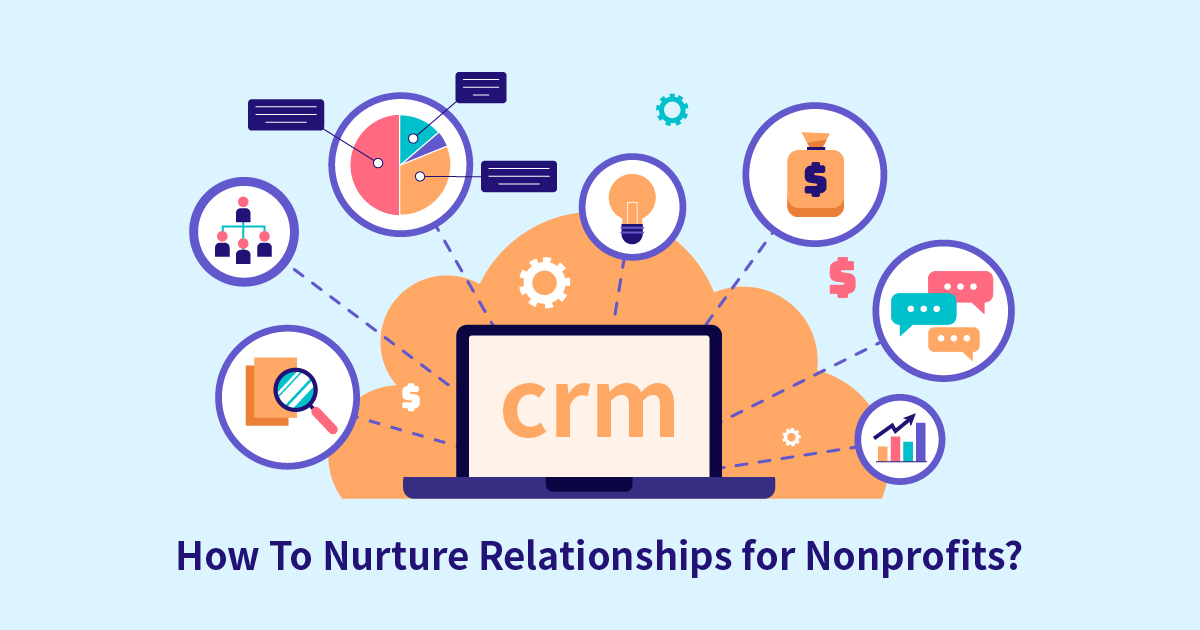
CRM Tools for Nonprofits: Enhancing Efficiency and Engagement
October 15, 2024In the nonprofit sector, effective management of relationships with donors, volunteers, and beneficiaries is crucial for success. Customer Relationship Management (CRM) tools have emerged as essential resources, helping organizations streamline operations, enhance engagement, and ultimately achieve their missions more effectively.
Understanding CRM for Nonprofits
CRM tools are designed to facilitate the management of interactions and data related to an organization’s stakeholders. For nonprofits, this means efficiently tracking donations, managing volunteer information, and maintaining communication with supporters. By centralizing these processes, CRM systems allow nonprofits to operate more smoothly and focus on their core missions.
Key Features and Benefits
1. Donor Management: CRM tools enable nonprofits to track donor interactions and contributions, providing insights into giving patterns. This information helps organizations tailor their fundraising strategies and engage with donors in meaningful ways, fostering long-term relationships.
2. Volunteer Coordination: Managing volunteers can be challenging, especially for organizations that rely heavily on community support. CRM systems help nonprofits schedule volunteer activities, track hours, and communicate effectively, ensuring that volunteers feel valued and informed.
3. Data Analytics: One of the standout features of CRM tools is their ability to analyze data. Nonprofits can gain valuable insights into their operations, allowing them to make informed decisions about fundraising campaigns, outreach efforts, and program effectiveness. This data-driven approach enhances strategic planning and resource allocation.
4. Improved Communication: CRM systems facilitate seamless communication with supporters through various channels, including email, social media, and newsletters. By automating outreach efforts, nonprofits can maintain regular contact with their stakeholders, keeping them engaged and informed about initiatives and events.
5. Customization and Scalability: Many CRM tools designed for nonprofits offer customizable features that can be tailored to specific organizational needs. As nonprofits grow, these tools can scale accordingly, providing ongoing support as the organization evolves.
Choosing the Right CRM Tool
When selecting a CRM tool, nonprofits should consider factors such as ease of use, pricing, and customer support. Many platforms offer nonprofit discounts or specialized features tailored to the unique needs of charitable organizations. Conducting thorough research and possibly trialing a few options can ensure that the chosen tool aligns with the organization’s goals.
In conclusion, in today’s competitive landscape,CRM tools for nonprofits have become invaluable for nonprofits seeking to enhance their operational efficiency and strengthen relationships with supporters. By leveraging these systems, organizations can focus on what they do best—making a positive impact in their communities—while ensuring that their administrative processes are as effective as possible. Embracing CRM technology is not just a trend; it’s a crucial step toward sustainable growth and success in the nonprofit sector.









